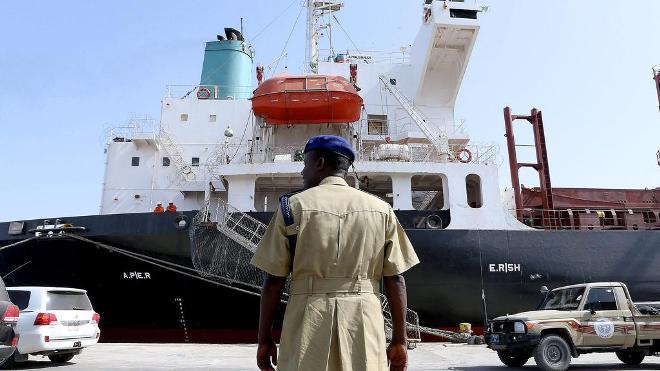
Thursday February 8, 2018
Minister: region is ripe for investment as new government aims to rebuild infrastructure destroyed during years of war

A Somaliland government minister is in the UAE to drum up investment for power projects to stabilise the self-declared state’s precarious economy where energy costs are among the highest in the world.
The self-governing region which broke away from Somalia in 1991 is seeking to build on its relationship with Gulf nations to improve its infrastructure following the election of a new president last year.
The investment minister, Mohamed Ahmed Mohamoud, is in Dubai to meet investors and try to secure funds for renewable and traditional energy projects and for agricultural sector as 80-90 per cent of food is imported.
He said there was great potential for international investors to tap into the country’s mineral wealth. He said he had spoken with “six or seven” energy companies seeking to invest in Somaliland as the government sought to build a secure and stable environment for investment.
“When we were campaigning, we promised economic growth for Somaliland and we want to improve healthcare and education,” said the minister.
“But we have one of the most expensive energy sectors anywhere in the world. When it comes to renewable energy, the sun and the wind, we have a great potential.
“We can generate a lot of cheap electricity but what we need is investment. The potential is there, which is why a lot of Chinese companies and Middle East companies are coming to me and showing their interest in investment.”
The country effectively broke relations with Somalia in 1991 and has held democratic elections since 2003. Its GDP per head is only about $500 after its infrastructure was destroyed during fighting in the run-up to the independence declaration. Its main export is livestock.
Its push for foreign investment has seen the UAE establish a naval base in its port of Berbera, on the south coast of the Gulf of Aden. Dubai’s DP World last year signed a 30-year contract to develop the same port.
DP World said it would also develop an economic zone in the region, modelled on Dubai’s Jebel Ali Free Zone. The new economic zone is aimed at positioning Berbera as a gateway port for East Africa, by encouraging investments and trade in the warehousing, logistics, manufacturing and related businesses.